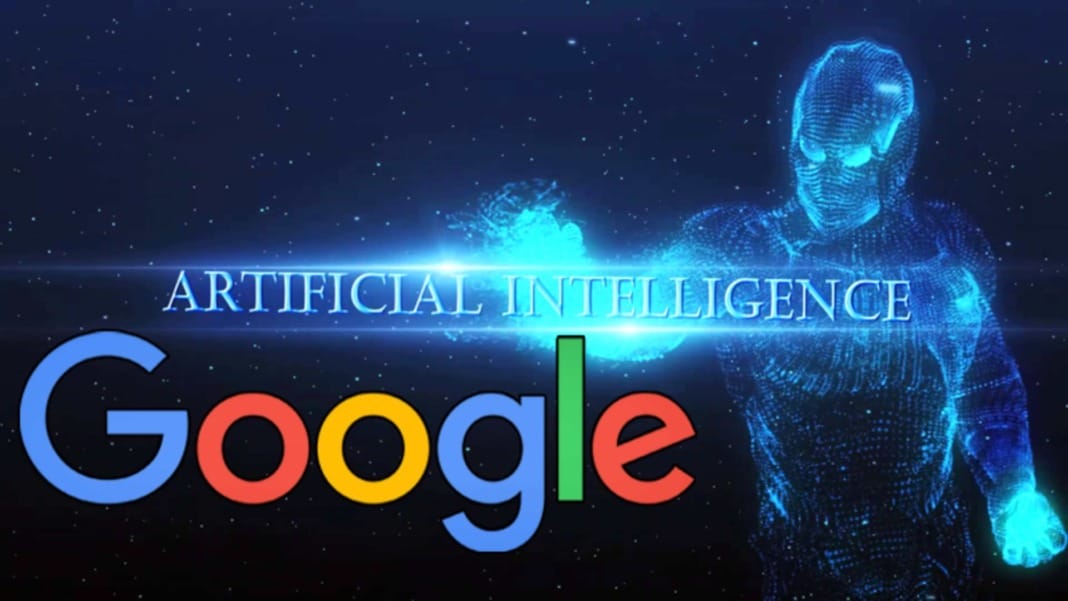The landscape of personal technology is ever-evolving, and recently, it’s become apparent that despite the buzz around alternative AI devices, our smartphones continue to hold the crown. The notion that gadgets like the Humane AI pin or the Rabbit R1 could alleviate the perpetual challenge of managing our digital lives has quickly dissolved. With Google I/O set for this Tuesday, it’s clear that the excitement surrounding these new entries has waned, and now the focus shifts back to the developers.
This year’s Google I/O arrives at a crucial juncture for Android, following a significant reorganisation that merges Android with Google’s hardware team. This integration signals a new era, pushing for more AI integration across Google’s products. This shift away from Android’s original ethos of neutrality in favour of Google’s hardware began subtly years ago but is now openly embraced. With this change, Android is poised to embed AI more deeply into our daily tech experiences.
Despite the high hopes, the reality of AI in smartphones has been underwhelming. The features introduced so far, such as transforming images or summarising texts, resemble more novelty than seamless integration into our daily routines. However, the introduction of Gemini, an AI-driven alternative to Google Assistant, might just change that narrative.
Gemini: The key to Android’s AI future?
Launched just over three months ago, Gemini initially stumbled, lacking basic functionalities like accessing calendars or setting reminders. Over time, Google has enhanced its capabilities, although it still lacks integration with third-party media apps like Spotify—a feature Google Assistant has mastered for nearly a decade.
Yet, returning to Gemini reveals its potential to transform everyday interactions. It can now guide you through a recipe, correct your queries by understanding the context, or even identify toys by name—a feature surprisingly useful for parents. These capabilities, while impressive, remain isolated experiences.
The integration challenge and competitive landscape
The true test for Gemini and Android’s AI journey will be its ability to integrate seamlessly across the entire Android ecosystem, extending its reach to devices like earbuds, watches, and even the operating system itself. This integration is crucial as Android navigates the competitive tech landscape, with Apple and Microsoft also enhancing their AI offerings.
Google’s advantage lies in its access to extensive user data, which allows it to offer more personalised and efficient AI features compared to competitors like ChatGPT, which lacks such integration. As the tech giants continue to innovate, Google’s strategy to leverage these strengths will be pivotal in defining Android’s role in the AI-driven future.
In this competitive era, ensuring that AI functionalities transcend beyond gimmicks to become truly integral to user experiences will determine Android’s success in the AI landscape. As developers and tech enthusiasts look towards Google I/O, they anticipate not just new products but also a new phase of integrated and intelligent technology that could redefine our interaction with our devices.





